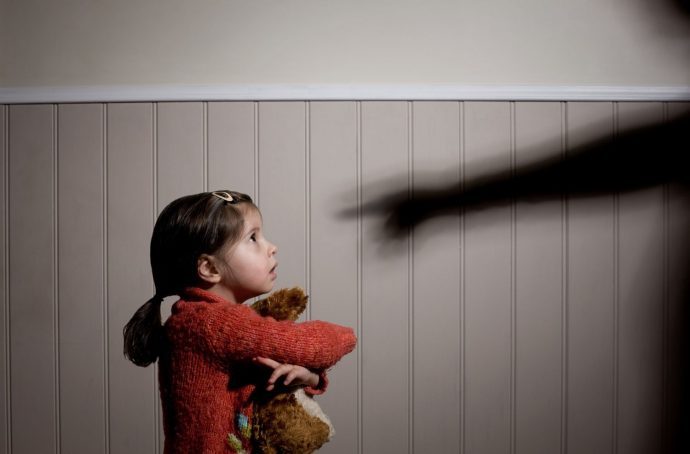
Approximately 400 million young children receive harsh discipline at home: UNICEF
The UN Children’s Fund (UNICEF) reported late Monday that about 400 million children under the age of five—roughly 60% of children in that age group globally—experience violent physical or psychological discipline at home, ranging from slapping to insults.
The updated UNICEF projections take into account information gathered from 100 nations between 2010 and 2023 and address both “physical punishment” and “psychological aggression.”
According to UNICEF, physical abuse includes any action meant to inflict bodily pain or discomfort on a child without causing harm, such as shaking, slapping, or spanking them. Psychological abuse includes yelling at a kid or calling them “stupid” or “lazy.”
Approximately 330 million of those almost 400 million youngsters receive physical punishment, according to the UN agency.
Furthermore, despite the fact that more and more nations are outlawing the physical abuse of minors, around 500 million children under the age of five lack legal protection from these kinds of abuse.
According to UNICEF, more than one mother or responsible adult in four feels that physical punishment is required to adequately educate their children.
“Children’s sense of self-worth and development can be undermined when they are subjected to physical or verbal abuse at home, or when they are deprived of social and emotional care from their loved ones,” UNICEF Executive Director Catherine Russell stated in a statement.
“Nurturing and playful parenting can bring joy and also help children feel safe, learn, build skills, and navigate the world around them.”
On June 11, the first-ever International Day of Play, UNICEF released research on children’s access to play for the first time.
Data from 85 countries show that around one in eight children under the age of five lack any toys at all, and one in two four-year-olds cannot play with the carer at home.
Roughly 40% of kids between the ages of two and four don’t receive enough meaningful engagement or stimulation at home.
Additionally, according to UNICEF, one in ten people lack access to activities that are “critical to promoting cognitive, social, and emotional development, like reading, storytelling, singing, and drawing.”
“On the first International Day of Play, we must unite and recommit to ending violence against children and promoting positive, nurturing, and playful caregiving,” Russell stated.

Content writer, educationist, teacher, researcher, social media manager, and a SEO manager from lahore. She has been working as a freelance academic and non-academic writer for more than 20 years now. She has a passion to learn new things and has a knack for writing and she combines both things to produce write ups she pours her heart out in.

